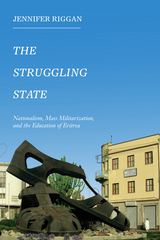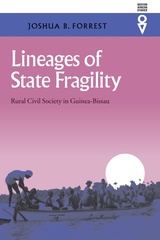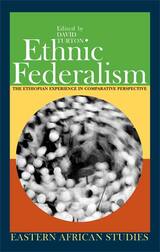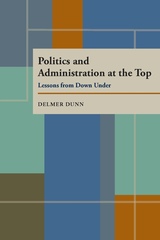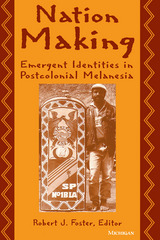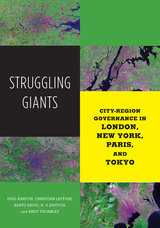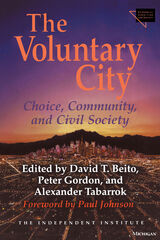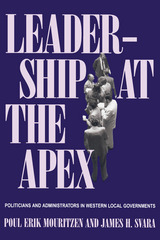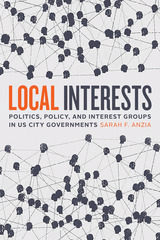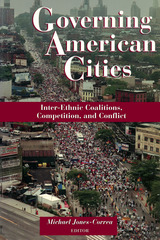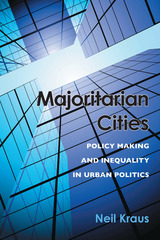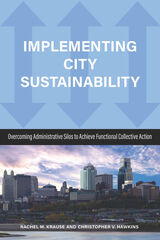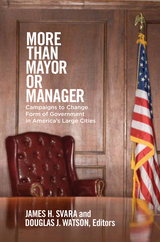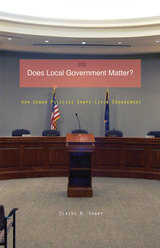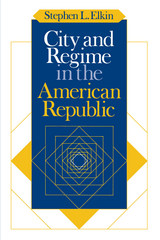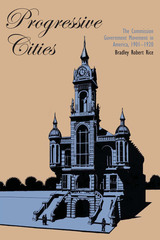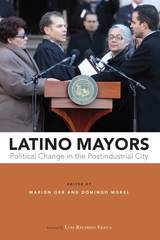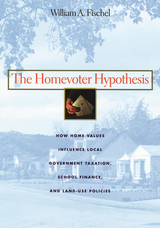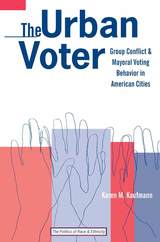Black Representation and Urban Policy
University of Chicago Press, 1981
Cloth: 978-0-226-42534-4
Library of Congress Classification JS323.K35
Dewey Decimal Classification 352.0080973
Cloth: 978-0-226-42534-4
Library of Congress Classification JS323.K35
Dewey Decimal Classification 352.0080973
ABOUT THIS BOOK | AUTHOR BIOGRAPHY | TOC
ABOUT THIS BOOK
Recent years have witnessed a dramatic growth in the number of black elected officials. Although blacks still constitute barely 1 percent of elected officeholders in the nation, their increasing political power cannot be denied. In Black Representation and Urban Policy, Albert K. Karnig and Susan Welch focus on the election of blacks to mayoral and city council seats, using the most current data available on more than 250 cities. They address two major questions: What conditions promote blacks' chances of winning election to public office? Does the election of blacks to municipal office have an effect on urban policy?
In exploring the factors that underlie the election of blacks to public office, the authors found that the resources of the black community itself—the size as well as the education and income of the black population—are the best predictors of blacks' winning political office. The authors' assessment of the impact of black elected officials on urban policy constitutes perhaps their most profoundly important finding. Cities with black mayors have had greater increases in social welfare expenditures than have similar communities without black mayors. The authors point out that election of blacks to mayoral posts, then, can have more than symbolic consequences for public policy.
In exploring the factors that underlie the election of blacks to public office, the authors found that the resources of the black community itself—the size as well as the education and income of the black population—are the best predictors of blacks' winning political office. The authors' assessment of the impact of black elected officials on urban policy constitutes perhaps their most profoundly important finding. Cities with black mayors have had greater increases in social welfare expenditures than have similar communities without black mayors. The authors point out that election of blacks to mayoral posts, then, can have more than symbolic consequences for public policy.
See other books on: African American legislators | African American mayors | Municipal government | Public Affairs & Administration | Urban Policy
See other titles from University of Chicago Press

